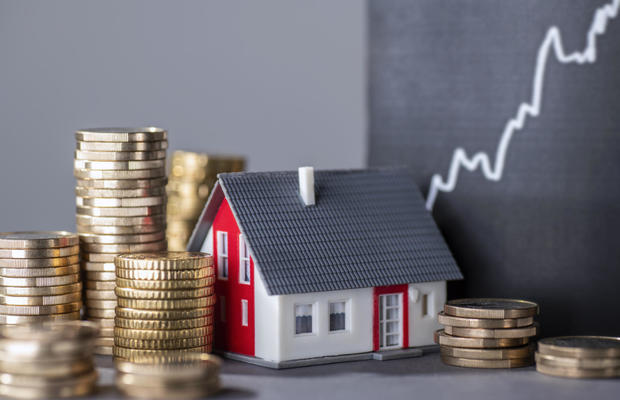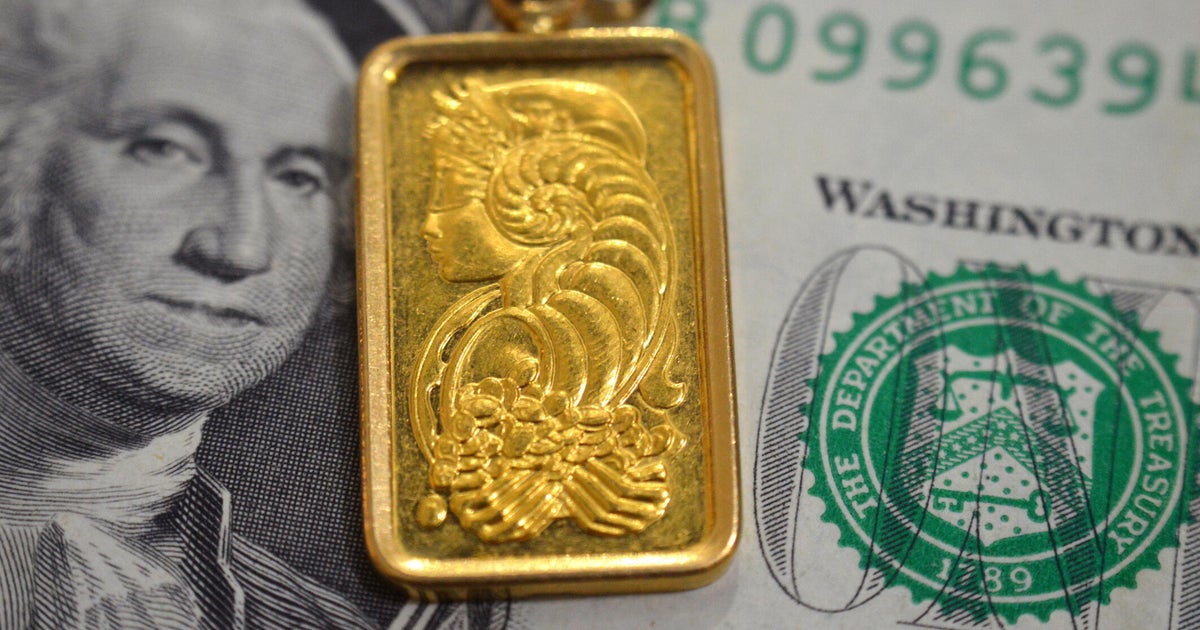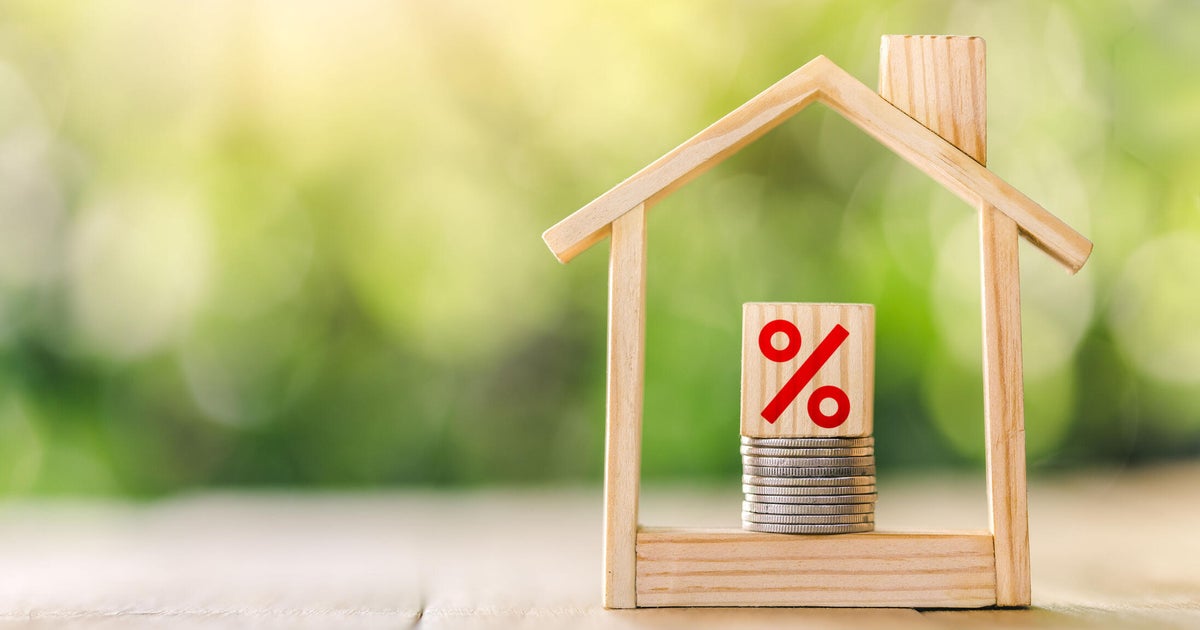5 hidden expenses to watch for when buying a home, according to experts
Mortgage rates have been stubbornly high recently, hovering around 7% for much of 2024. Those rates have driven up monthly mortgage loan payments in turn, with the average monthly mortgage now sitting at over $2,200.
And, unfortunately for homebuyers, interest rates and loan payments aren't the only costs you face when buying a house. The cost of buying a home can be even more expensive than that, experts say, and there are costs that may not come to mind when you're planning to buy a home.
Find out how the right mortgage loan could help you save money now.
5 hidden expenses to watch for when buying a home, according to experts
Want to be better prepared for your home purchase? Here are the hidden homebuying costs experts say to look out for:
Moving costs
Moving expenses are a cost many homebuyers fail to plan for, according to experts.
"People prepare for the purchasing process but not for all the items that come after the signing table," says Kristen Skebe, managing broker and real estate advisor at Engel & Volkers Atlanta. "This includes potential costs to set up utilities, moving trucks and movers, and storage unit expenses if needed. These items can be very expensive, especially when moving across state lines."
Data from Thumbtack shows hiring movers for a local move — under 50 miles away — averages about $120 per hour. For long-distance moves, you can expect to pay more.
And while you may be able to save money by DIYing your move, it likely won't come completely free of charge.
"You still will most likely spend hundreds of dollars between the gas of driving back and forth on top of buying boxes and other packing materials," says Darren Tooley, senior loan officer at Cornerstone Financial Services.
Learn more about your top mortgage loan options online here.
Maintenance and repairs
The costs of maintenance and repairs after move-in often surprise people, too, experts say.
"Once you close on a home, your expenses are just beginning," Tooley says. "Typical maintenance costs can range from 1% to 4% of the value of the home but could be much more if you need to pay for larger items like replacing a roof or new windows."
Older houses will usually have higher upkeep and repair costs, but new homes aren't completely free from these expenses. You will still need to pay for regular HVAC tune-ups, gutter cleaning, pest control services, lawn care and more.
Home insurance
Homeowners insurance is another major expense buyers often fail to consider. Not only will you need to pay for this upfront, but it's a part of your monthly payment, too.
"Depending on the location of the property, insurance can be very expensive," says David Harris, a real estate agent with Coldwell Banker Warburg. "Properties within states and locations prone to severe weather or natural disasters will likely pay much higher insurance premiums."
Home insurance requires annual renewal, so your premiums can rise over time, too. When this happens, it can impact your mortgage payment up as well.
"Buyers need to be aware that while your mortgage — principal and interest — is a fixed monthly amount, your total mortgage payment that includes property taxes and insurance can vary every year," says Gordy Marks, a real estate agent at RE/MAX NW. "If your home insurance or property taxes go up your mortgage payment may increase."
Mortgage insurance
If you made a small down payment — typically less than 20% — you will likely need to pay for private mortgage insurance (PMI), too. This also goes into your monthly payment and can mean higher costs once you're in the home.
"Lenders typically require PMI to protect themselves in case the borrower defaults on the loan," says Seth Bellas, home loan specialist at Churchill Mortgage. "PMI costs vary, but can add a significant amount to monthly mortgage payments."
According to Freddie Mac, PMI adds about $30 to $70 per month for every $100,000 you borrow. So on a $300,000 loan, you'd pay an extra $90 to $210 per month.
Property taxes
While most people know they'll owe property taxes on a home, few are fully prepared for what those costs will be. For one, depending on when in the year you're purchasing the home, you may owe a large chunk of property taxes up front as part of your closing costs.
On top of this, you will usually need to pay for a portion of your taxes monthly, as part of your mortgage payment. And if your home's value goes up — which often happens — it sends your tax bill and monthly payment up with it.
"Your property tax bill can change from year to year," says Chris Gleason, founder of RAM Financial Group and Simplicite Tax Loans. "So even if you budget for it in year one, it doesn't necessarily mean that your bill will be the same in year two. The biggest mistake that homebuyers make is that they look at the current tax bill on the house and assume that it will be the same for them."
Gleason says using a tax calculator offered by your local assessment department can help you get a rough gauge of what future property taxes may be, or you can call up the tax assessor directly for an estimate.
"The trickiest thing about property tax expense is that it's almost impossible to quantify with a broad brush," Gleason says. "Property taxes are assessed and calculated differently almost everywhere."
The bottom line
Understanding the full costs of homeownership is vital before purchasing a house. If you need help preparing for your home purchase or want help getting a lower mortgage rate, work with an experienced mortgage professional and consider talking to a financial advisor, too. They can help you plan for the full scope of homebuying (and homeownership) expenses.




